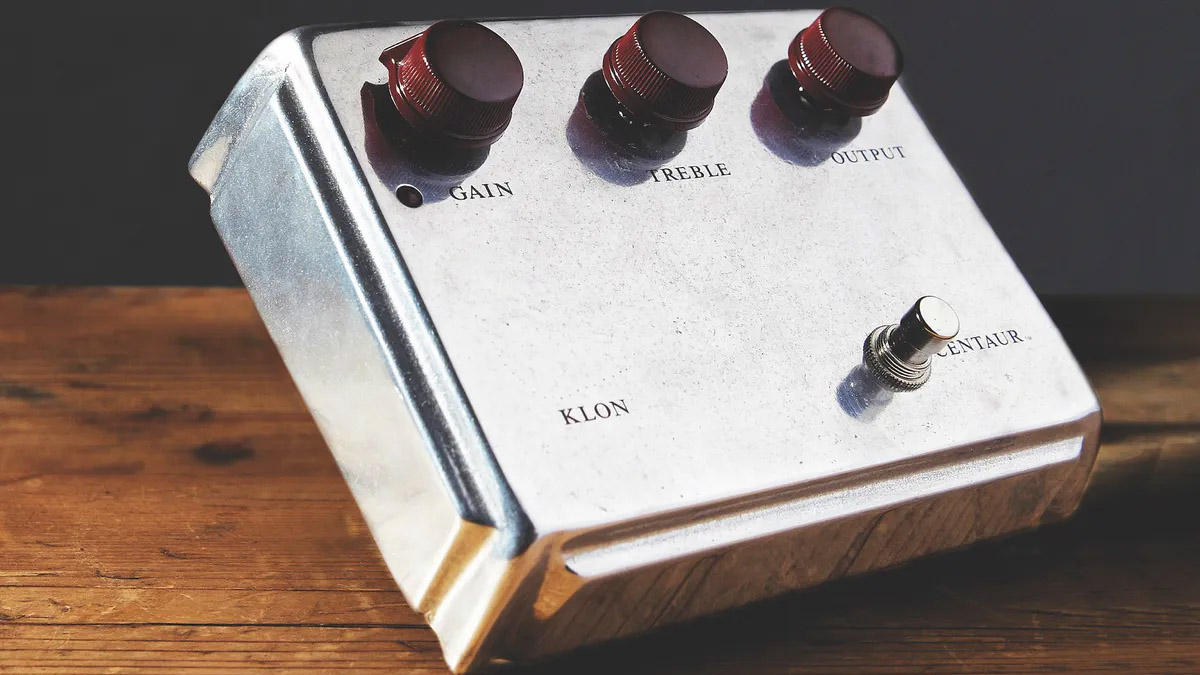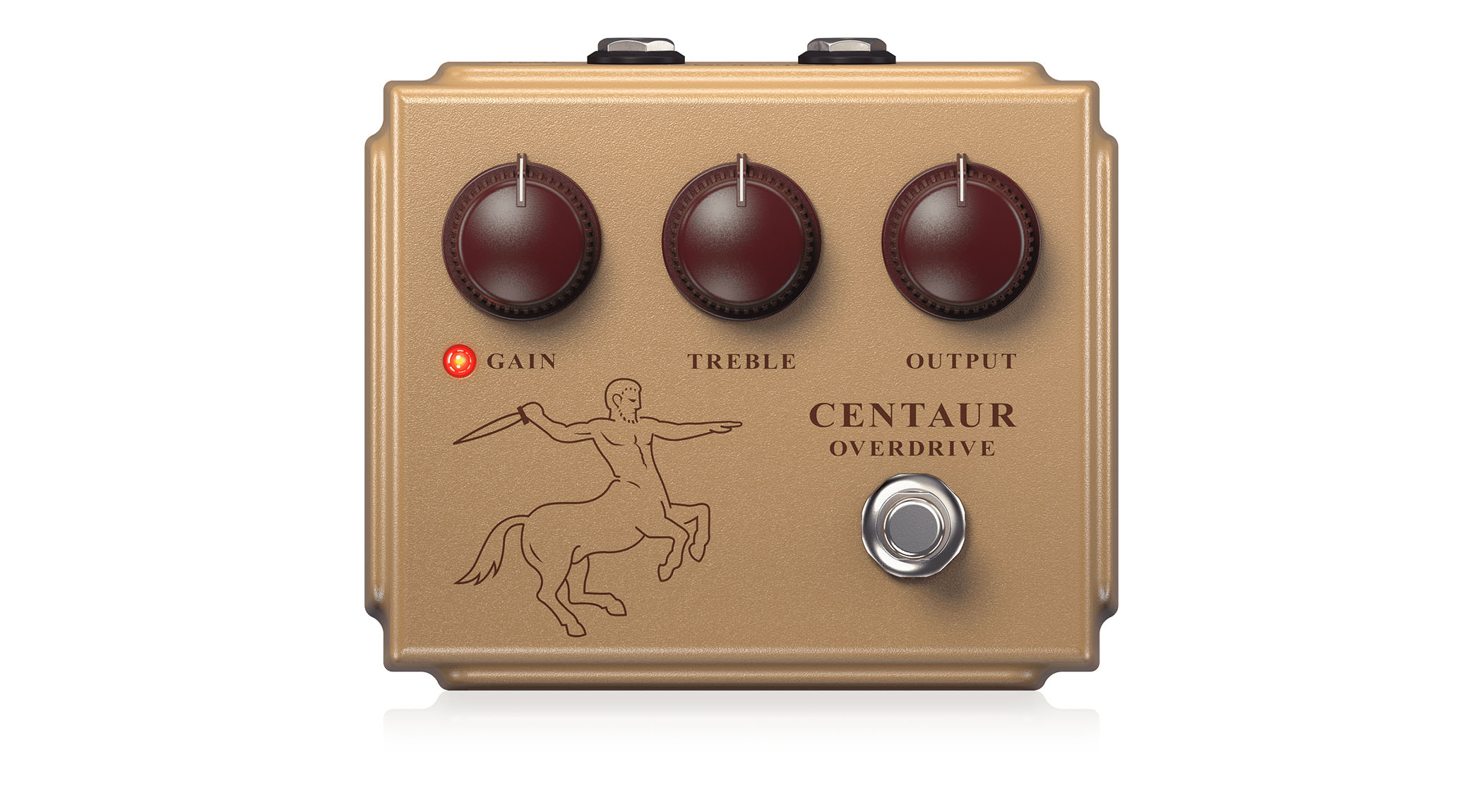Klon Centaur inventor Bill Finnegan’s lawsuit against Behringer over its $69 Klon clone has been dismissed
With Behringer's $69 K-style drive renamed as the Zentara, the battle is over. Did Finnegan win in the end?

Want all the hottest music and gear news, reviews, deals, features and more, direct to your inbox? Sign up here.
You are now subscribed
Your newsletter sign-up was successful
Bill Finnegan’s lawsuit against Behringer’s parent company, Music Tribe, over its $69 Klon copycat overdrive pedal has been dismissed.
In a court filing dated 29 September, Finnegan dismissed the lawsuit, without costs to either party, bringing an end to his months-long dispute with Behringer. The lawsuit was dismissed with prejudice, meaning that it can’t be picked up again and pursued at a later date (You can read the court filings here).
So what did we learn from all this? Well, firstly, it looks like Finnegan, the inventor of the Klon Centaur, ultimately got what he wanted.
Since Finnegan filed his complaint with the district court of Massachusetts in May, Behringer has made some quiet revisions to the pedal it launched as the Centaur Overdrive in November 2024.
The name Behringer now appears on the front of the enclosure. It was renamed the Centara, and then subsequently the Zentara. The graphic had been changed from a centaur with a Caeser cut and a sword to a long-haired centaur brandishing a spear.
The oxblood-coloured knobs remain, as does the gold enclosure. It is obvious what the Zentara is based upon. But it would appear that these revisions have satisfied Finnegan.

His lawsuit makes a neat study in the ethics of guitar effects pedal design.
Want all the hottest music and gear news, reviews, deals, features and more, direct to your inbox? Sign up here.
When you look at the market today at the abundance of Tube Screamer copies, Blues Driver copies, Big Muff-style pedals and of course, Klon clones – which are so many that it is an entire sub-species of drive pedal in and of itself, the klone – then it is clear that, at a circuit level, there’s little companies can do to protect their design.
Trade dress, how the pedal looks and is marketed, is another thing entirely.
When Behringher launched of the Zentara, née the Centaur Overdrive, Finnegan clearly believed it had overstepped the market, and the further design revisions and name-change would suggest he had a point.
A post shared by Bill Finnegan (@klonllc)
A photo posted by on
But this is a Klon story, and it wouldn’t be Klon story if there wasn’t some weirdness along the way. This is, after all, the most sought-after overdrive pedal in the world.
The fact that John Mayer and Jeff Beck both used them (and were indeed mentioned in Finnegan’s original complaint), has made the originals a holy grail for your pedalboard, jacking up the price of the originals, which are all made by hand, to silly money – you could by a new Les Paul Standard for less.
But when Finnegan filed his complaint, the price of Behringer’s Centaur Overdrive was now seen as a sound investment by stompbox scalpers and it started appearing online as the “lawsuit era” Centaur Overdrive with list prices of $2,000. Remember, this is a $69 drive pedal we are talking about.
Perhaps all this will just settle down now and go away. Or not. But at least the matter between Finnegan and Behringer looks to be resolved.
Jonathan Horsley has been writing about guitars and guitar culture since 2005, playing them since 1990, and regularly contributes to MusicRadar, Total Guitar and Guitar World. He uses Jazz III nylon picks, 10s during the week, 9s at the weekend, and shamefully still struggles with rhythm figure one of Van Halen’s Panama.
You must confirm your public display name before commenting
Please logout and then login again, you will then be prompted to enter your display name.
